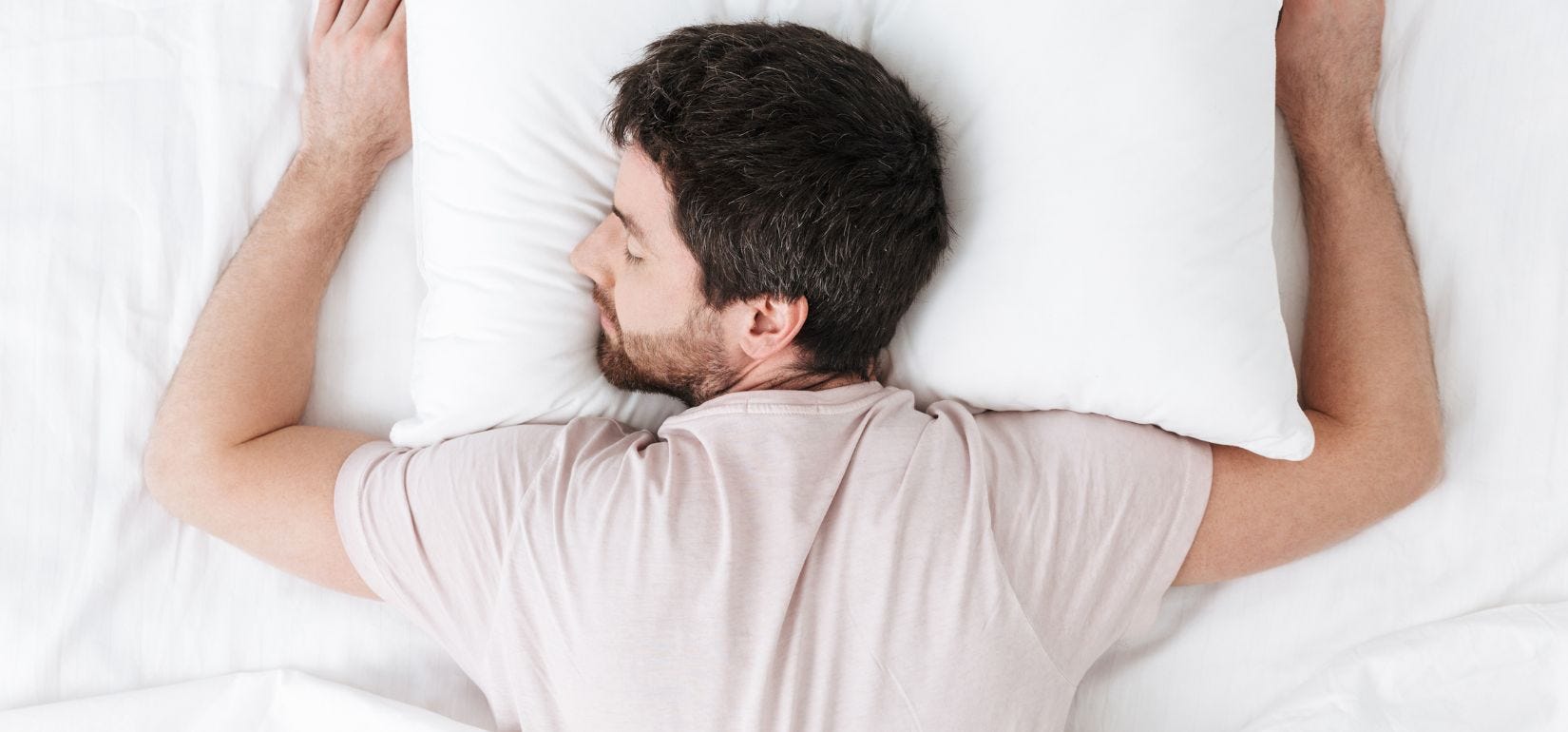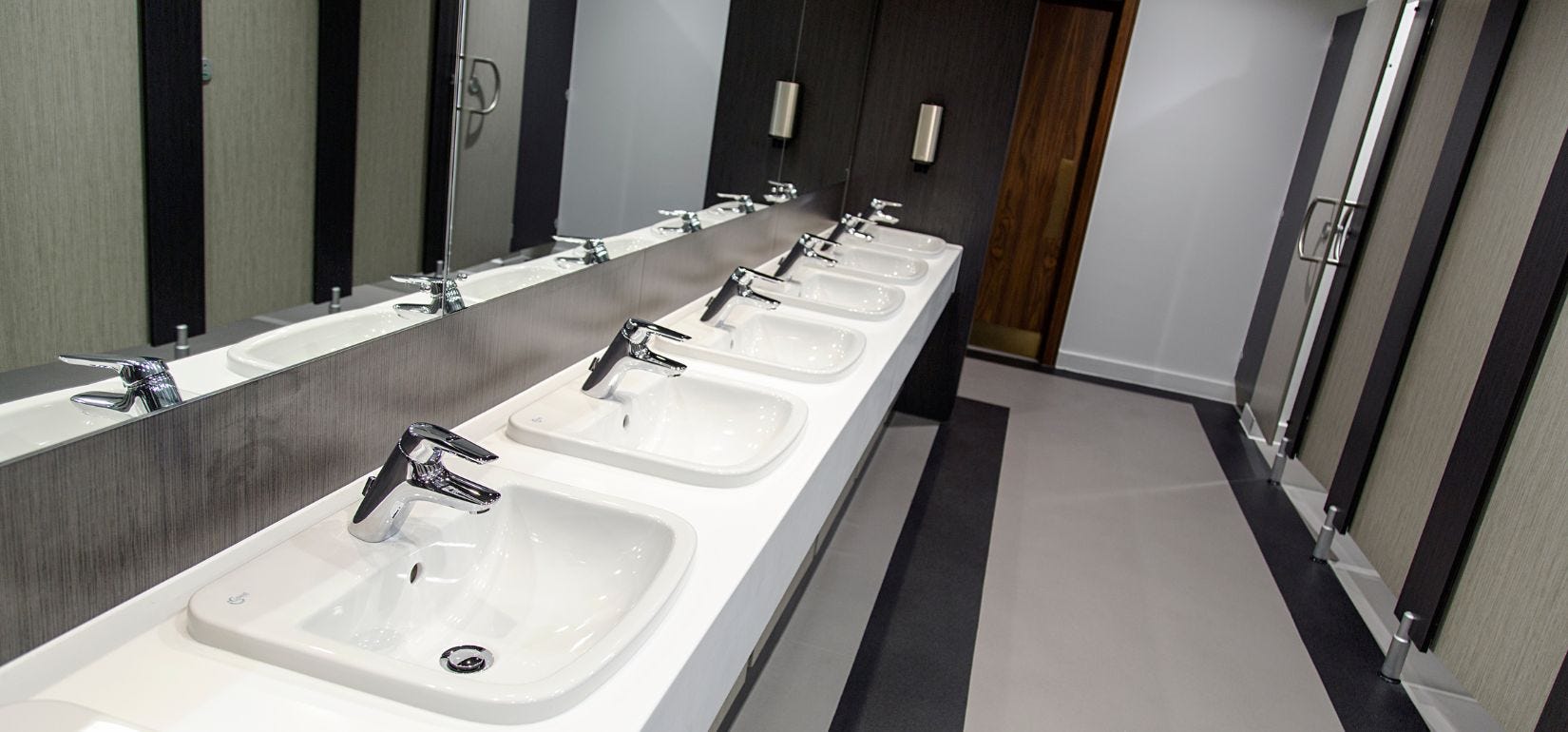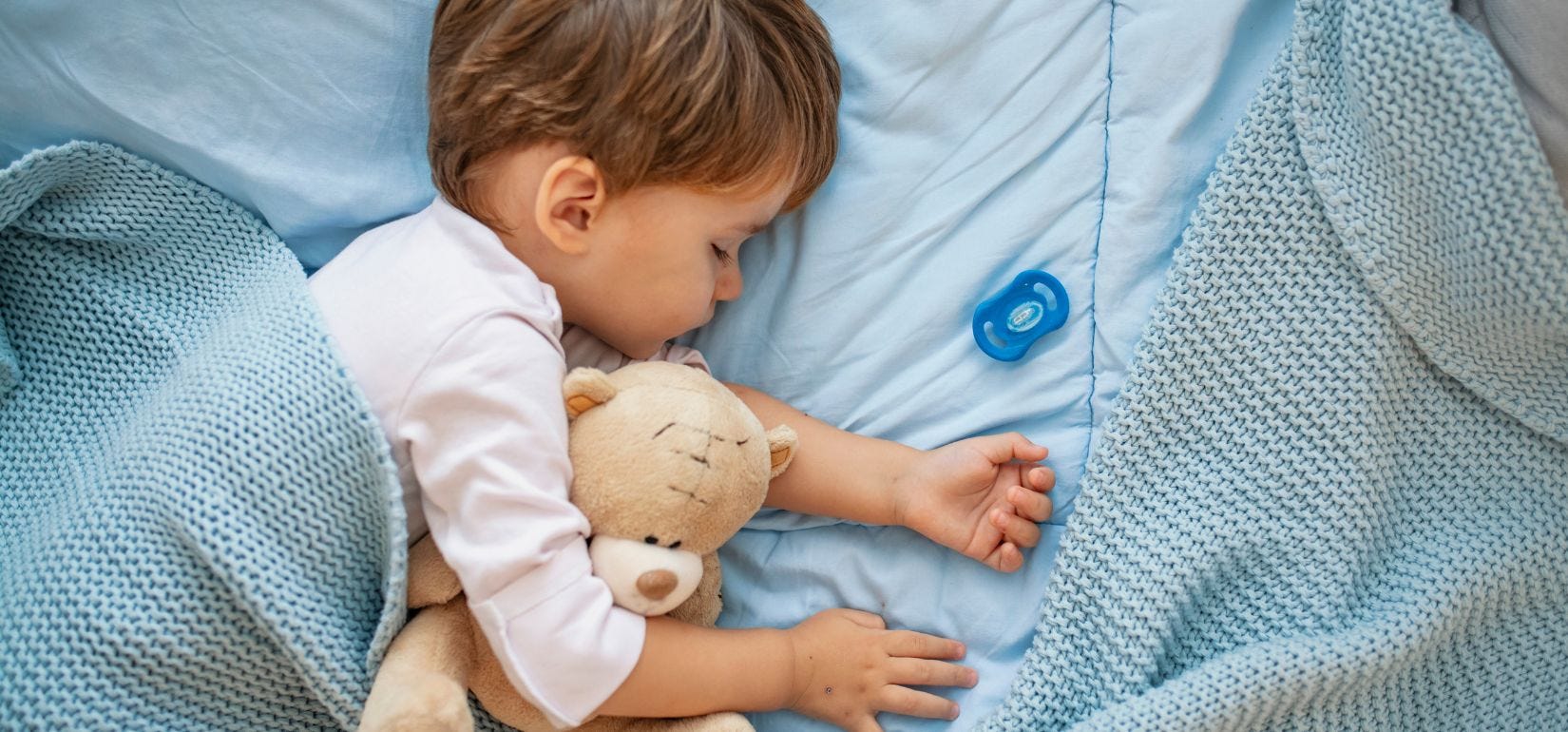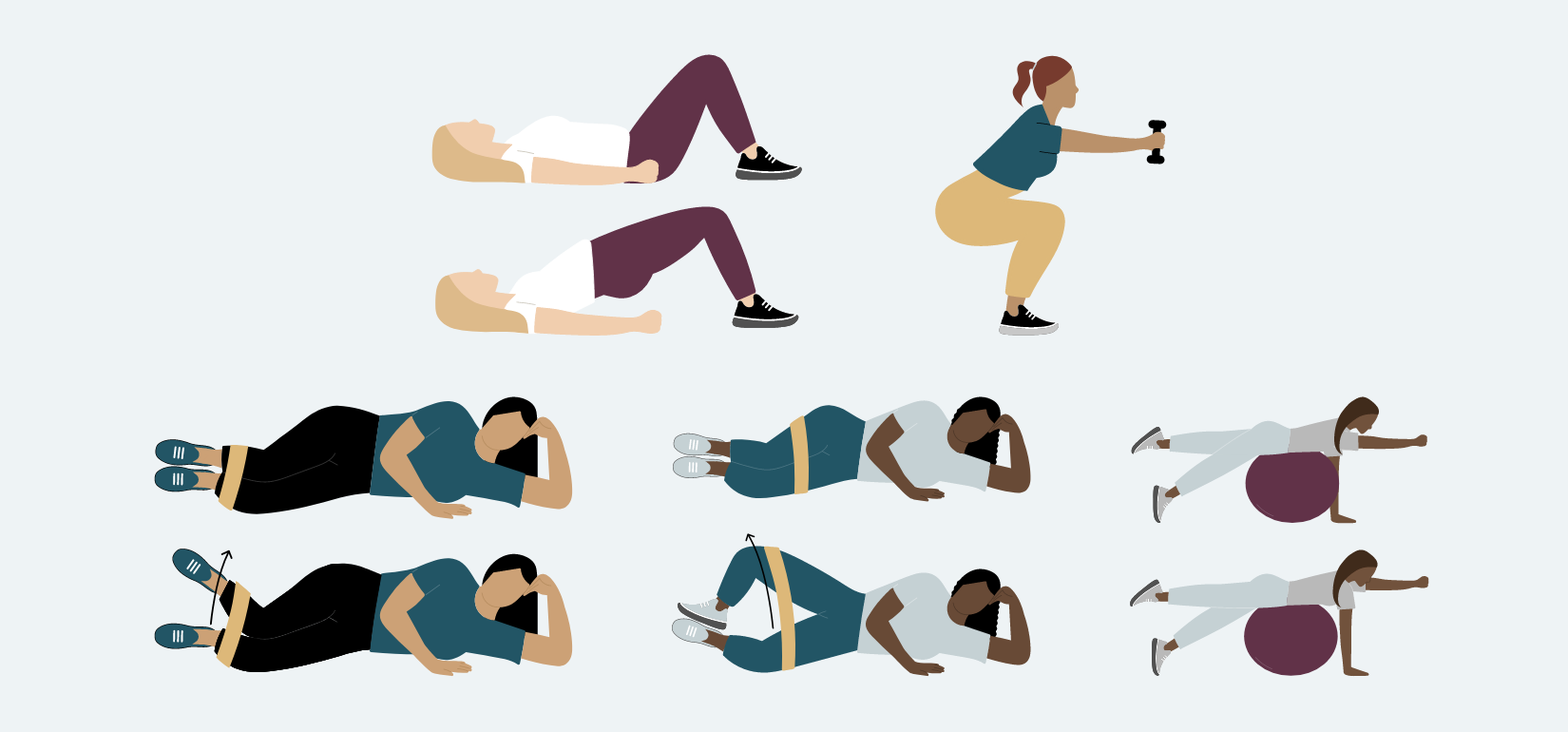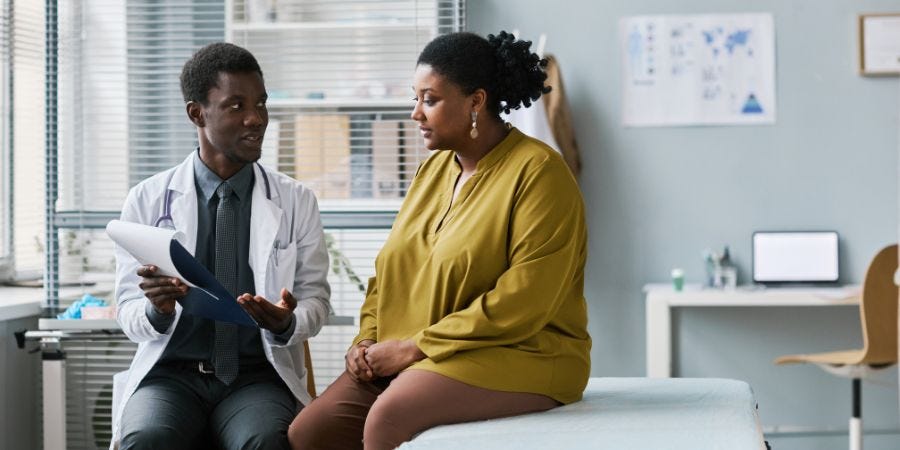This piece has been Medically Reviewed by Dr. Carleara Weiss, Sleep Science Advisor for Aeroflow Sleep
Many adults experience nocturia or the frequent urge to urinate during the night, leading to multiple drowsy trips to the loo every evening. This is often shrugged off as normal, especially for those struggling with urinary incontinence.
However, while it’s normal to make one or two trips to the bathroom each night, if you find yourself trekking to the oval office more than that, it could be due to a sleep disorder such as sleep apnea. In fact, many sleep apnea patients report getting up 5 to 6 times a night.
Before we go any further, it’s important to note that nocturia is defined as waking from sleep to voluntarily urinate. It differs from sleep enuresis, when a person doesn’t wake up and the bladder empties anyways, usually leading to a bed-wetting.
Nocturia is becoming an important part of sleep apnea screening as it’s almost as common in patients who test positive for this sleep disorder as incredibly loud snoring, which is the most common sleep apnea symptom.
Check Your Eligibility
In 2 easy steps
Discover the bladder control supplies covered by your Medicaid plan.
However, nocturia is often times missed in sleep apnea patients because:
- People report frequent urination to their gynecologist or urologist, not their sleep doctor.
- Nocturia is often thought to only be caused by a full bladder
- Nocturia is commonly associated with overactive bladder
- Nocturia is often associated with aging in women
- Nocturia is often associated with prostate problems in men
Even though the causes of nocturia are still being studied, there seems to be a link between obstructive sleep apnea due to the tremendous stress it puts on the body, and the release of hormones that increase the need to urinate. Oftentimes sleep apnea causes your throat and soft tissues to collapse, cutting off your body’s air supply.
As a result, your body works to wake you just enough to clear your airways. Your chest might heave, your blood pressure may rise, and you may even sit up. During this race to restore your breathing, your body may send out the signal to void your bladder.
Also, because sleep apnea symptoms prevent you from properly entering deep sleep cycles, you may wake more easily. For example, you may awaken with the slight urge to urinate, whereas if you were sleeping properly could wait until morning.
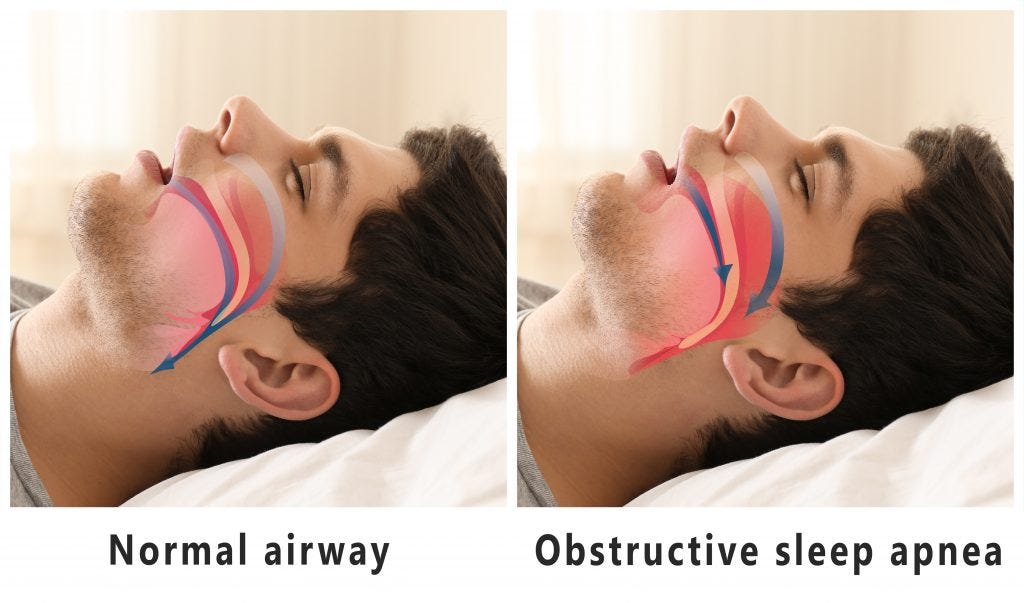

Along with nocturia, sleep apnea also contributes to:
- Heart disease
- Type two diabetes
- Obesity
- Stroke
- Increased traffic incidents
- Hypertension
- Erectile dysfunction
- Decreased sex drive
Sleep Apnea and Erectile Dysfunction
Although, it might be surprising the stress of sleep apnea can contribute to a lot of issues with your internal plumbing, including erectile dysfunction and a decreased sex drive.
"Yes, sleep apnea is linked with erectile dysfunction and a lowered sex drive. Although we still don't know the exact cause, we do know that having sleep apnea usually leads to a decrease in testosterone, which is important for having a healthy erection. Also, it is suggested that the sleep deprivation from sleep apnea causes fatigue, which also plays a role in the lowered sex drive in people," explained Dr. Haissam Dahan, DMD, MSc, Ph.D., lecturer at Harvard and McGill University.
When the feeling is right, it can be ruined by the stress and fatigue brought on by sleep deprivation can quickly put the fire out. Plus, as well as decreased testosterone, sleep apnea can also lead to decreased oxygen, which is needed for a healthy erection.
How CPAPs Can Help
If you suffer from nocturia and sleep apnea is to blame, you aren't out of luck. Most patients find relief with the use of a continuous positive airway pressure (CPAP) device. CPAP machines work by keeping your airway open during the night so your body can receive the oxygen it needs to properly rest.
Many people find relief from nocturia and overactive bladder with the use of a CPAP. They find that their bladder is easier to control and they experience the urge to go less often. Also, CPAPs may be able to assist with erectile dysfunction and improving sex drive and quality.
Sleep apnea sufferers experiencing these issues saw positive results once they began using CPAPs. Symptoms of erectile dysfunction decreased while many patients reported that the quality of their sex life improved.
How Incontinence Products Can Help
If you experience nocturia and sleep apnea, you can also use incontinence products to help keep you dry during the night. When wearing a medical-grade incontinence product, your leaks won't wake you in the night as you help to reduce your sleep apnea. Get your bladder control products through Aeroflow Urology for free today by filling out our Eligibility Form to see if you qualify through insurance. We will...
- Send you free samples of products so you can see which is most comfortable for you at night.
- Ship your products in unmarked boxes directly to your door every month.
- Complete all the insurance paperwork for you and even ask your healthcare provider for your incontinence prescription.
- If you'd like to receive your products faster, you can let your provider know we'll be reaching out!
Information provided on the Aeroflow Urology blog is not intended as a substitute to medical advice or care. Aeroflow recommends consulting your healthcare provider if you are experiencing medical issues relating to incontinence.


